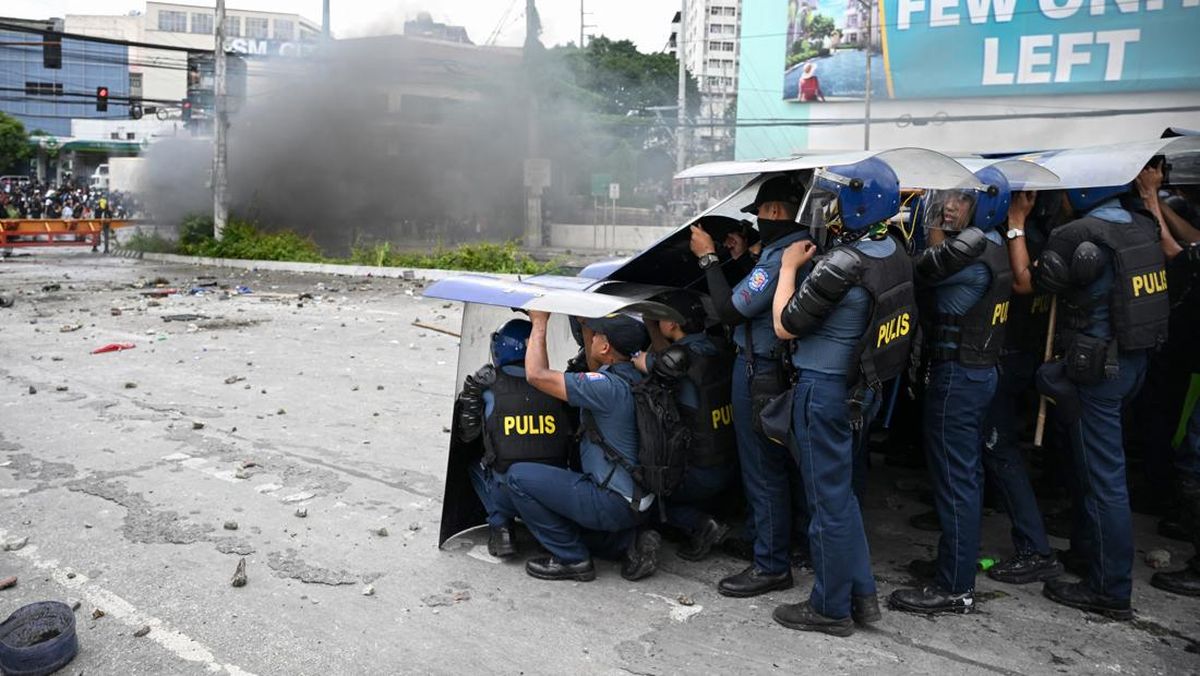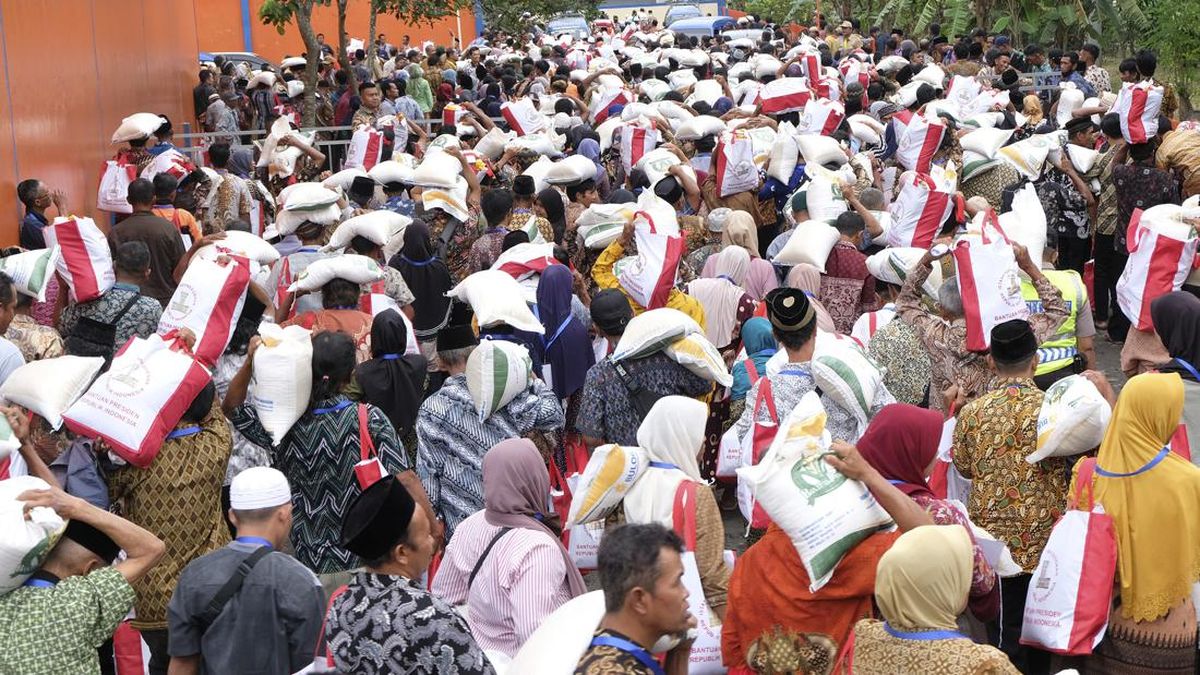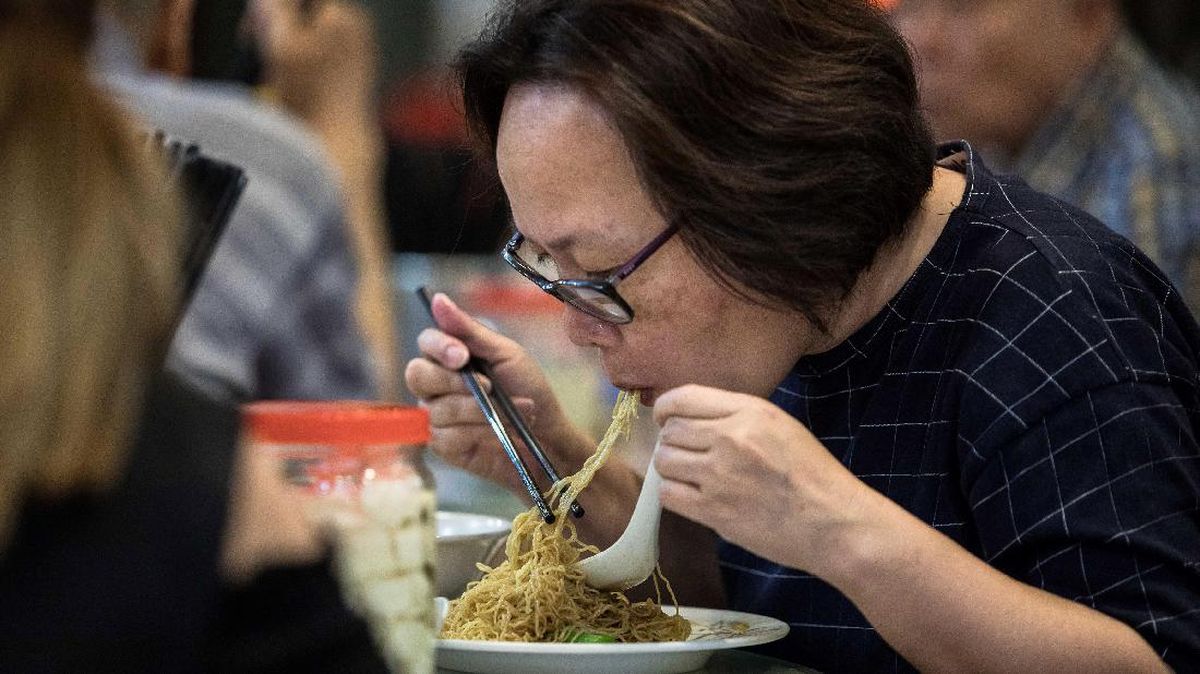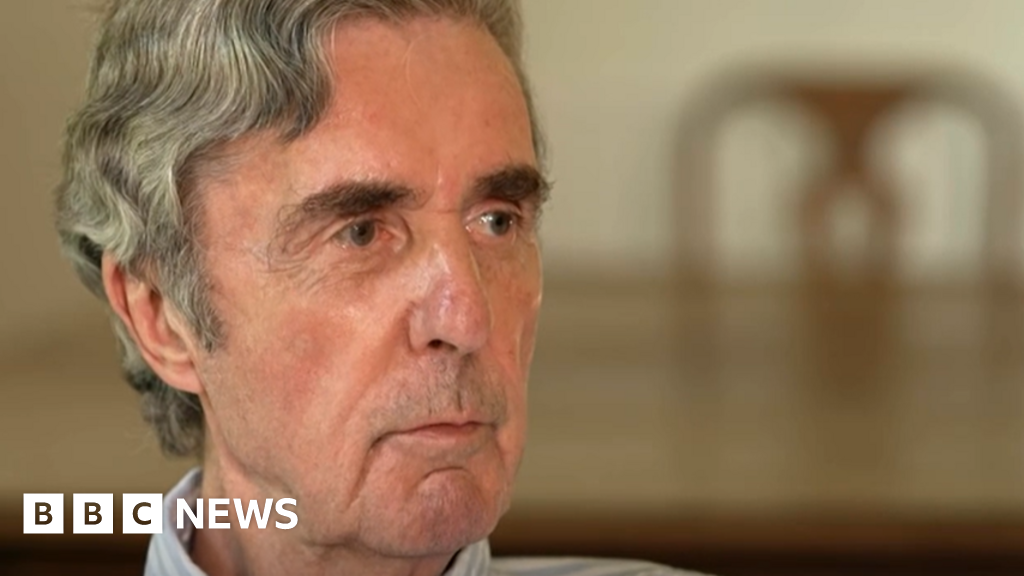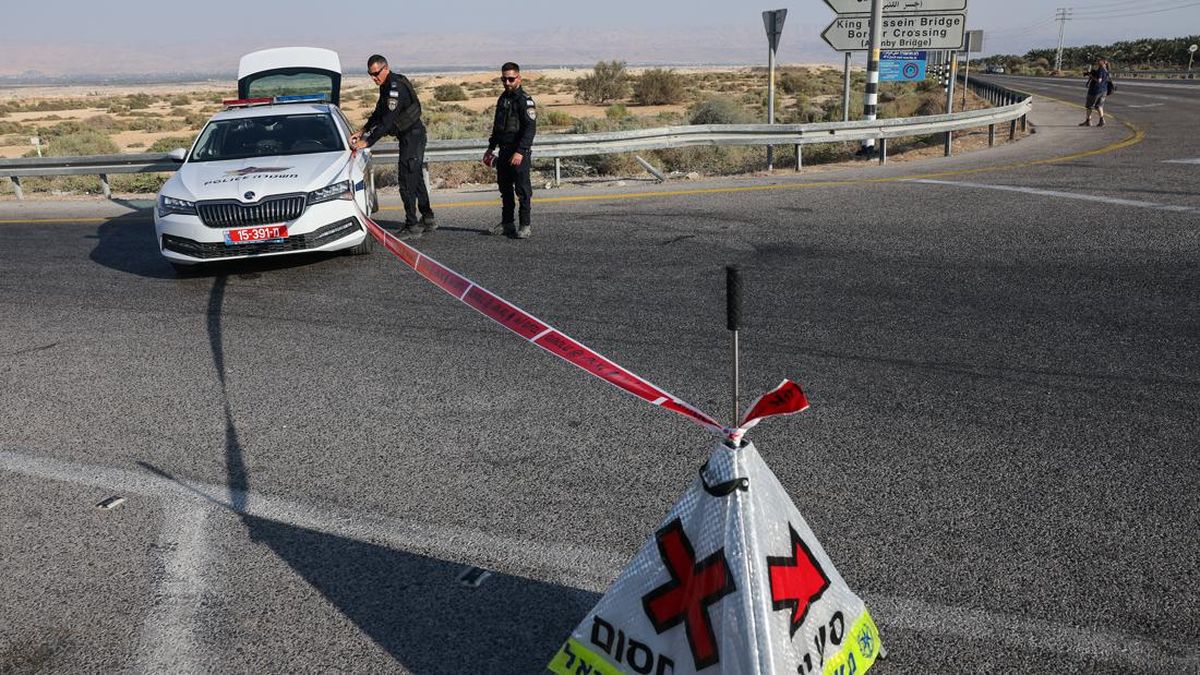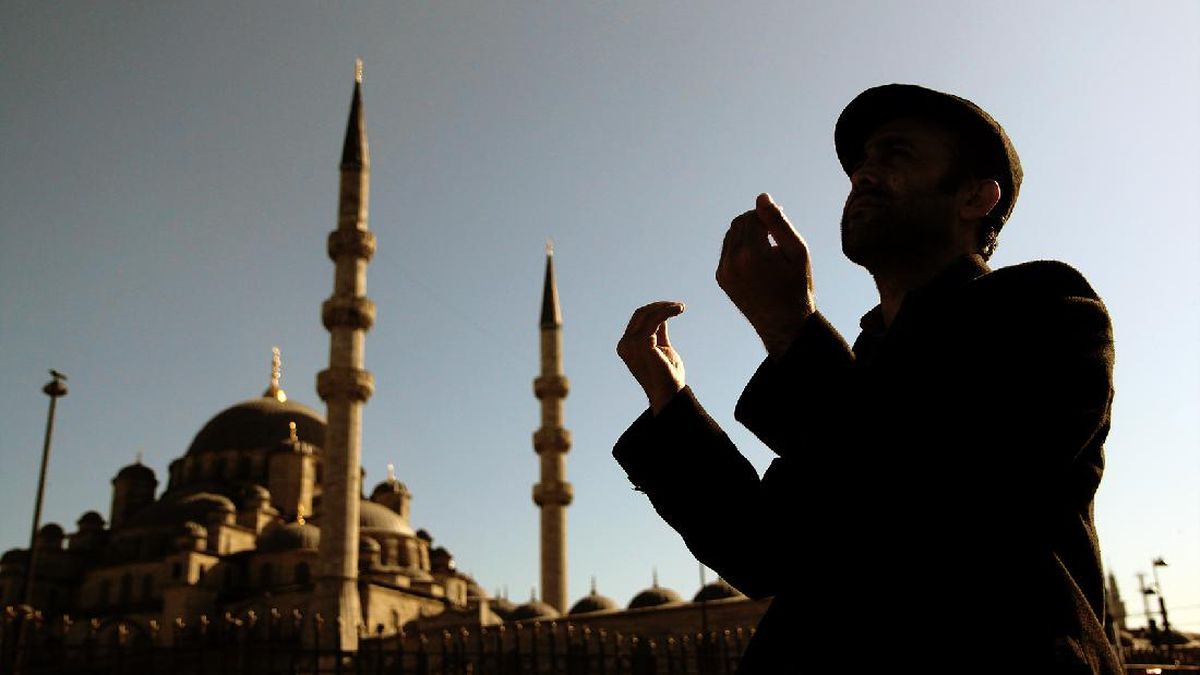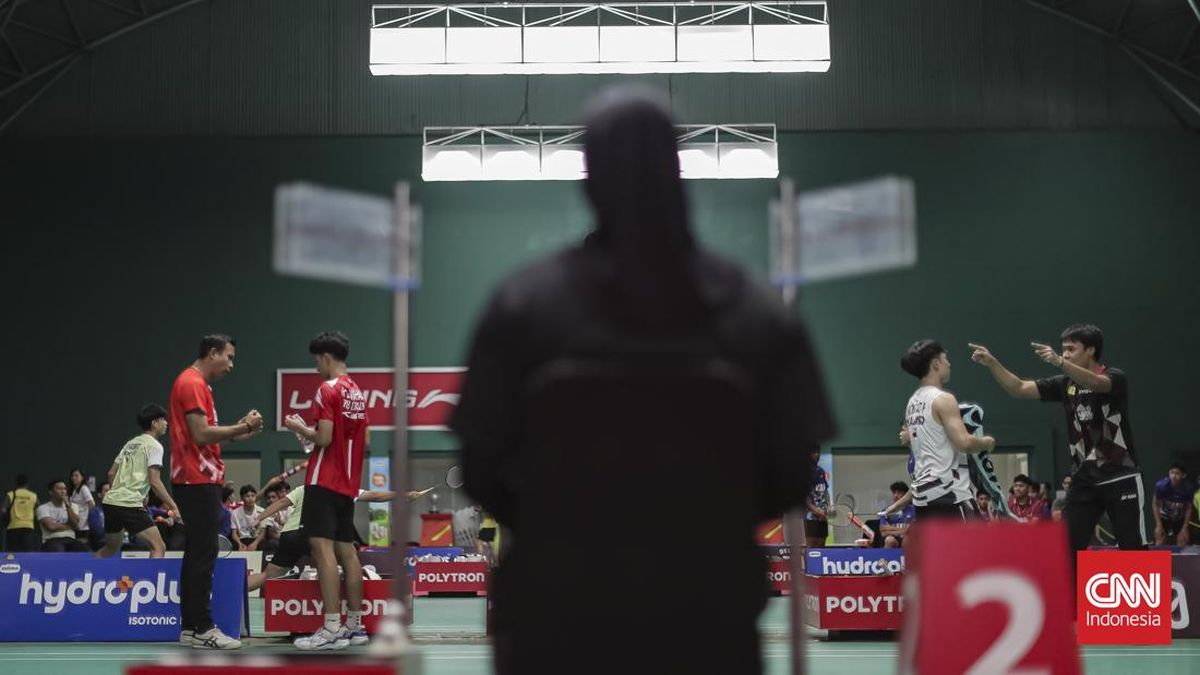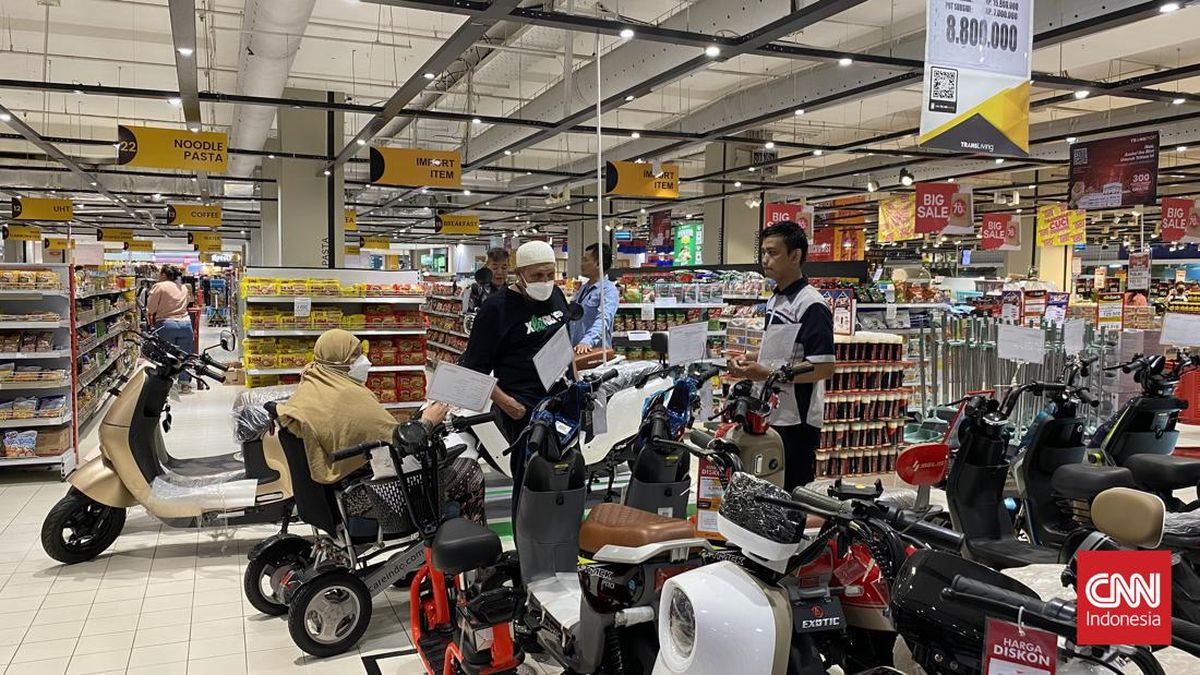In his call to revise the structure of university degrees, Bill Shorten comes perilously close to defining universities as bodies whose prime function is to provide vocational skills (“Revise degrees, says Shorten, future is skilled”, September 20). This is only one thing they do and not the most important. Among other things he proposed that some universities have a prime emphasis on teaching. This was precisely the system we had when there were Colleges of Advanced Education, which focused on teaching, and universities with a different core function. But in the late 1980s and early 1990s, CAEs were converted into universities. Shorten is in effect calling for a return to the previous system, and the proposal has some merit. Less defensible is the notion that universities should feature short skill-based courses to cater for current demand by industry. This is precisely the kind of thing “tech” did well until the technical education system was effectively gutted. It is this more than anything that has produced the need to get skilled workers from overseas. Revival of technical education and a two-tier structure of tertiary institutions are better policies than turning all universities into bodies that are likely to become universities in name only. Greg McCarry, Epping
Bill Shorten’s discussion on the current financial plight facing universities was, I thought, innovative and, as Sir Humphrey would say, “brave”, with no chance of universities collectively agreeing with anything he suggested. In my view, he omitted one important restructure that would give credence to his idea: to examine the need for five universities that exist in Canberra, especially since there are at least another eight within what might be regarded as Canberra’s “catchment area”. With Shorten’s most recent experience of fine-tuning and eliminating waste in the NDIS (which some would agree was successful), I think he is the ideal person to lead the charge. Many would add “good luck with that”. Les Sisley, Kelso

Bill Shorten, the new Vice-Chancellor of the University of Canberra, during the investiture ceremony in Canberra on Friday 14 February 2025.Credit: Alex Ellinghausen
Present university degrees may not meet Australia’s required performance indicators. Shorter qualifications may be useful in imparting limited areas of knowledge and skills. However, professional cognitive discipline and related conceptual abilities are derived from a breadth of education. Shorten may be suggesting the roots of the United States’ ideological problem. There, of almost 4800 universities, only 187 meet the “R1, Very high research activity” classification. More than 55 per cent mostly offer the two-year vocational-centric certificates that Shorten is proposing. Stephen Heydt, The Gap (Qld)
Genocide allegations
Jamie Hyams (Letters, September 20) suggests that “Australia has no obligation to act against Israel”. Further, that “the genocide allegation doesn’t stack up anyway”. His wish that this was so may be understandable but is at stark odds with facts reported by Israel’s oldest newspaper, Haaretz, on September 18. Focusing on the women (and their children) primarily, the notion of “safe zones” – lacking the most basic facilities to sustain life – must be challenged. “There are 1.06 million women in the Gaza Strip, 14,000 of whom have become the sole breadwinners of their family units. Gaza’s Health Ministry reported that 19 per cent of the more than 60,000 dead are women ... While all Palestinians in Gaza City face hardship, women carry additional burdens [of physical violence, privacy and hygiene as well as nutrition, and] have to deal with these challenges anew with each displacement.” Stephanie Dowrick, Pyrmont
Jamie Hyams fails to understand the distinction between the risk of genocide and the legal finding of genocide. The president of the International Court of Justice is not going to compromise any future trials by deciding in advance the plausibility of the genocide claim. On the other hand, the plausibility of the Palestinians’ right to be protected from genocide shows genocide is a relevant allegation. Mark Porter, New Lambton

A huge column of Palestinians flee Gaza City as Israel’s military moved in.Credit: NYT
Jamie Hyams tells us that Israel is not committing genocide because it warns citizens to get out of areas about to be bombed, and he states that Israel evacuates the people of Gaza to safe zones away from the fighting. I have seen pictures of Palestinians fleeing areas after being told to do so, very many of them, mostly on foot, some even in wheelchairs, and sometimes piled on trucks, donkey carts and the like, but I seem to have missed pictures of them being transported to safety by any Israeli vehicle. Gay O’Connor, Manly
Perhaps Jamie Hyams, along with other members of the Australia/Israel & Jewish Affairs Council, could find a way to get into Gaza City and, when the warning leaflets rain down ordering evacuation, they could then inform us just how easy it is to carry out such orders, and where exactly do they find any sheltered areas that will be safe and free of IDF bombardment? John Boutagy, Mosman
At war with climate
Our two-party Westminster system of government is woefully unsuited to the action required by the Climate Risk Assessment Report (“Degrees of Difficulty”, September 20). Finding one dissenting scientist, as Matt Canavan does, or petty point-scoring from Opposition Leader Sussan Ley does nothing to even recognise the gravity of the climate danger we’re all in. The climate is not negotiating – it’s at war with us. What’s required on this particular issue is a war cabinet: all-in, shoulder to the wheel, a co-ordinated whole of community effort to drastically reduce our carbon emissions and keep global heating to 1.5 degrees above 2005 levels. As in World War II, there are only two choices here: victory or annihilation. Politicians, which one is it to be? Sue Young, Bensville
Remarkable, isn’t it? Despite the Coalition still badly lagging in the opinion polls more than four months after the May 3 federal election, and with several surveys showing that between 60 and 80 per cent of Australian voters accept that climate change is caused by humans, the federal opposition still has MPs and senators within its ranks actively campaigning against the commitment to retain net zero emissions by 2050. Eric Palm, Gympie (Qld)
It is the opposition’s role to hold the government to account for its policies. Before the opposition gets too critical of the government’s climate actions, they should offer the electorate a credible policy first. There is no point criticising if they refuse to acknowledge the science. Peng Ee, Castle Cove
Power imbalance
Thank you, Peter Hartcher (“US Democrat frontrunner’s dire warning on rhetoric”, September 20) for the best reason to perpetually favour a constitutional monarchy for Australia. A republic with a president has no opposition leader per se to moderate the elected president and be a leader in waiting, at the whim of the electorate, of course. Nothing seems to be able to check the ambition and power of the incumbent president – not the Congress, not the courts, nothing and no one. We have seen this play out before. Tinpot dictators can be ignored, but it didn’t end well for the whole world when major power dictators were involved in the past. Peter Kamenyitzky, Castle Hill
Peter Hartcher quotes California Governor Gavin Newsom saying that Trump does not want another election. I agree this seems the trajectory of his actions. I wonder, though, with only 60 per cent of Americans voting, whether nearly half the eligible voters will not notice. I’m happy with the AEC, compulsory and preferential voting. Jim Martin, Narooma
Cold-hearted decisions cost lives
Our government has let Australians down (“Three dead in Optus Triple Zero outage”, September 20). We keep getting hacks into sensitive databases of private information and upgrades that go wrong. Why? Because the systems are underfunded. Why? Because the penalty for being hacked or having a service disruption is much less than the cost of doing the security or the update securely and successfully. The likes of Optus make a cold-blooded business decision to spend the minimum on data security and system upgrades because the penalties are so low. The government can stop this immediately, legislate to make chief executives criminally liable for data hacks or system breakdowns and jail them when it goes wrong, then fine the company, let’s say, 50 per cent of that year’s revenue and confiscate executive bonuses to compensate affected individuals. I speak from experience. Thirty years ago, I was responsible for the then largest database of personal information in Australia. That system has never been hacked, and our updates were always successful, because the chief executive and executives insisted that security and updates be thoroughly planned and properly funded. Let’s stop these organisations from dodging their responsibilities. Michael McMullan, Avoca Beach

A telephone must be reliableCredit: Alamy
Those who died were sacrificial lambs to capitalist greed and conservative governments’ policy of privatisation. Would this have happened if telecommunications were still government-owned and operated? I think not. If only we had a real Labor Party that would put a stop to this insanity, wind back the tide of privatisation and put the “common” back into Commonwealth. Ryszard Linkiewicz, Woolooware
Engaging the least-cost provider to maintain infrastructure that is critical to the nation, such as the telecommunications network, is risky. The risk compounds when the “offshore” component can’t be effectively managed because cost-cutting has extinguished local, deep technical expertise which should oversee the outsourcer’s work. Graham Hansen, Denistone
This is a tragedy that could have been avoided by strengthening the emergency number systems, and providing real-time accessibility to the nearest mobile network, regardless of the caller’s carrier. Given the technological advancements to date, surely Australia can build a robust system that provides certainty. Allan Gibson, Cherrybrook
There is a long list of health and care services that should always be provided by the government, not a private business. Clearly access to emergency calls should top the list. Don Firth, Wooli
Uplifting list of loves
After trawling through pages of worldwide disasters and ongoing anguish, it was such a relief to read Julia Baird’s life-affirming essay on the worth of life (“The little things I love? Here’s my list”, September 20). It triggered an inner response of my own list, and it brought much joy turning the spotlight away from negativity to positivity. I, too, love the initial sip of that first morning cuppa with the welcoming aroma of toast in the air, as the cat meows for breakfast. The magic of first light as a new day dawns. The walk to the village as early morning risers line up for a coffee start. New shoots and buds forming in the garden make for a welcoming sign that a new season will bring rewarding results. I love the kookaburra chorus that echoes across our Kiama Valley during the evening happy hour. l love the hushed anticipation, as the lights dim in the theatre. I love the excitement and relief of the final passport check as one braces for a long anticipated holiday. All of the above illustrate, that apart from the traumas of ongoing wars and differences of political opinions, the simple moments of our own lives, just have to be recognised and celebrated for all their worth. Greg Vale, Kiama
I love whatever Julia Baird writes. Judith Fleming, Sawtell
Thank you, Julia Baird for your list of things you love. A reminder that in a world where so much darkness exists today, there is still so much joy and beauty. Ruth Magoffin, Cheltenham

Cats rate highly on the love listsCredit: AP
Love your list, Julia. I read it with a drippy nose that I blew with my Dad’s old hanky that was stuffed up my sleeve. Loved your list so much I just had to write a letter. Lisa Clarke, Watsons Bay
I loved Julia Baird’s little things she loves, but I was surprised that there was no music. My list would include JS Bach’s Cantata 147, “Jesu, joy of man’s desiring”. Andrew Macintosh, Cromer
What’s not to like about Julia Baird’s wonderful list of things she loves, especially if it includes the dung beetle? She’s not the first to write down an arbitrary list of such incidental blessings. More than a millennium ago, about 990, a Japanese woman remembered as Sei Shonogan wrote down her “things that quicken the heart”, such as “passing a place where babies are playing”. Thanks, Julia, for reminding us in these dark times that nothing joyful is trivial. Philip Bell, Bronte
I love the fact that Julia Baird loves newspaper letter writers. As for me, I love lime milkshakes, the purring of my cat on my pillow, John Denver music, great sporting moments, hitting a winning shot in pickleball and the wonder of magic. I also love the patient and long-suffering Michele Peak. Phil Peak, Dubbo
The worms’ turn

This drainage creek in Bali has been used as dumping ground since the new Bali waste policy came into effect last month.Credit: Amilia Rosa
It is sad to read about the organic waste problem in Bali (“Koster living crisis: Governor’s new policy buries Bali in bags of rubbish”, September 20). Perhaps composting is a solution? Not much space is needed for two compost bins to process organic waste. Add some worms to optimise the decomposition and the system produces a fantastic soil enhancer. Digging the bin into the earth a few centimetres and wrapping the base with mouse mesh stops rodents from invading. Anaerobic (no holes) design works best, especially if the compost is turned weekly. All our organic waste goes into the compost bin and after recycling glass, plastic, paper and metal, there is only a sandwich bag of non-organic waste for the red bin every week. Josephine Grieve, Bronte
- To submit a letter to the Sydney Morning Herald, email [email protected]. Click here for tips on how to submit letters.
- The Opinion newsletter is a weekly wrap of views that will challenge, champion and inform. Sign up here.

